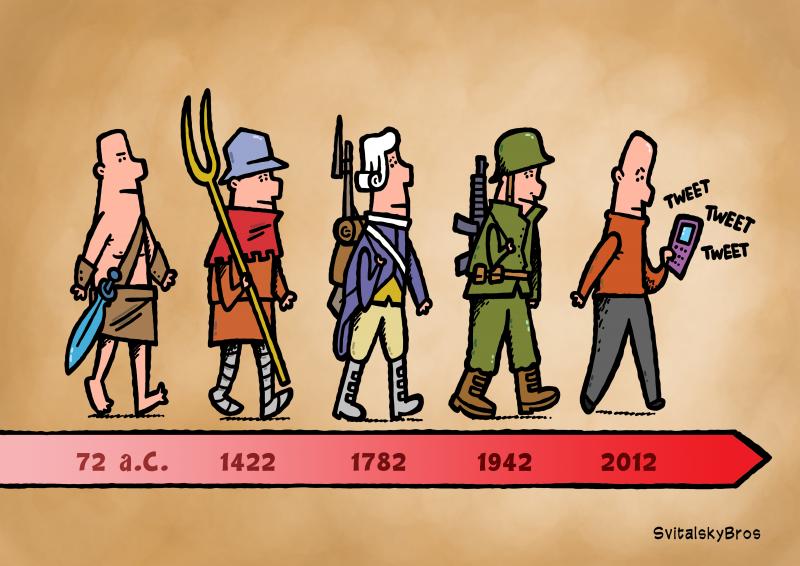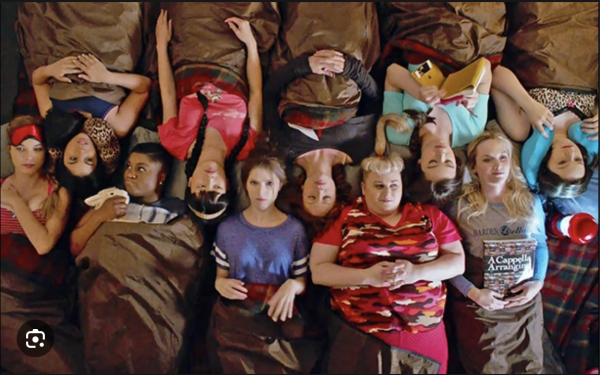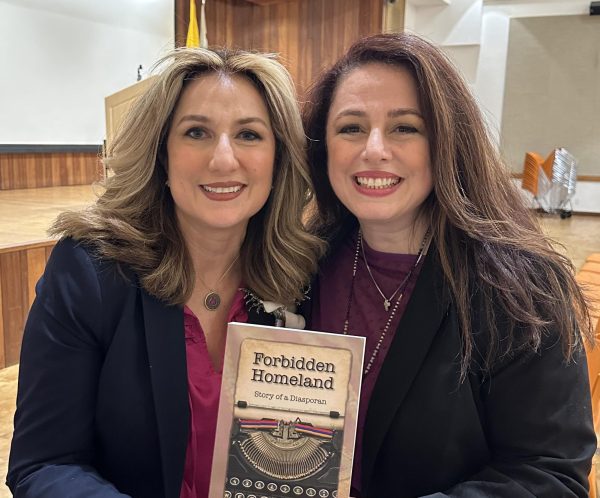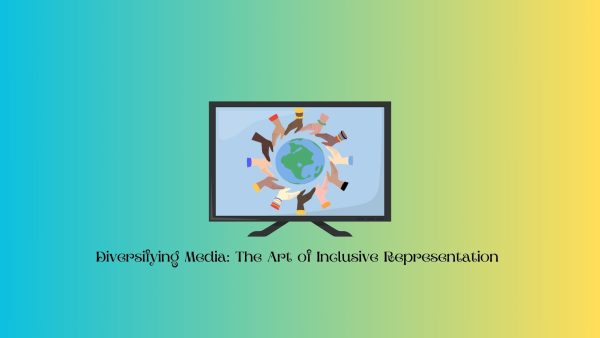How Has Happiness Changed Over Time?
Happiness has changed overtime based on increasing expectations and standards.
December 8, 2022
Happiness is widely considered a priority in many lives. It is often the reason we wake up and the very essence of life. Aristotle once said “Happiness is the meaning and purpose of life, the whole aim and the end of human existence” – a sentiment that still holds verity. Over time, however, the perception of happiness takes different paths and possesses varied definitions. The world as we know it today has undergone numerous phases and changes from prehistoric times to as recent as the 20th century. As a consequence, the basis of happiness changing is a concept pondered by researchers and society, with its relevance never fading over time.
The World Happiness Report provides research projects and is compiled into separate reports to convey the trends of global and national happiness. A life satisfaction decrease by 6%, for example, was recorded in the United States between 2007 and 2018. The report stated, “Even as the United States economy improved after the end of the Great Recession in 2009, happiness among adults did not rebound to the higher levels of the 1990s, continuing a slow decline ongoing since at least 2000.” Concentrating on the United States, numerous factors have proven to influence happiness. This year as well as recent years’ World Happiness Reports concern the role of digital media, detailing that a significant number of activities associated with unhappiness among young Americans tend to take place on a phone or computer. Micah Wu (11) elaborates, “For a lot of people, the image of others being happy and having a perfect life increases the standards of happiness. When this happens, it is hard to find satisfaction in their own life.” The general state of American wellbeing is both a cause and a direct consequence of unhappiness.
“For a lot of people, the image of others being happy and having a perfect life increases the standards of happiness. When this happens, it is hard to find satisfaction in their own life.” — Micah Wu (9)
To perform a mini-study within reach, I took it upon myself to get a glimpse of how life was in the last century – by capturing the life of my grandmother in the first half of the 1900’s. She recalls the hardships of the time period saying, “We were poor when we were growing up. No iPhones, computer, TV, or fridge. My mother had a business making sausages, so we were making sausages to sell. We peeled garlic, cut up and ground the pork, seasoned them and then stuffed them in casings and tied them as sausages – a lot of work.” My grandmother describes in great detail the day to day routine of her life. During this time for a large majority of the world, happiness was not measured in glamorous vacations or the state of a social media page. Clearly, the expectations for happiness were not as high as they are today, with social media being a significant influence today on why people are not satisfied and content with their own lives. My grandmother continues, “On some evenings, we played outside with neighbors because we didn’t have toys. During school days, all we did was study in school and study after school. Our school hours were long, 8:00 to 5:00. Even though we were poor, I am grateful that our parents sent us to school. We were always busy doing housework. I loved to learn and study. I learned how to sew, bake, paint and play piano.” A simple analysis can conclude to the fact that without phones, computers, or TV, my grandmother was quite busy even though poverty was a big issue. She chose to partake in activities that felt fulfilling to her with no limits by standards that restrict only certain activities to be satisfying.
While changes generally bring about advancements, they also bring forth a slew of new concerns. Matters may be objectively better, but our expectations rise as well. Ultimately, happiness doesn’t come any more easily to us. We are forever stuck in a relentless cycle. If that’s the condition of one’s unhappiness, there are a couple things that we can think about and possibly alter our approach to the situation. A first step can be to embrace the present rather than unhealthily reminiscing on the past or fantasize about the future. Being mindful and present not only makes us happier, but it can also help people cope with pain more efficiently, alleviate stress and its implication on our health, and optimize our capacity for dealing with inimical emotions such as fear and anger. Putting down electronics when you recognize undesirable emotions will further allow you to achieve a refreshing mindset.
Today, on the other hand, we should be happier. Technology and access to clean water and food was a commodity considered luxurious in the past, all of which are at our fingertips. Sanitation, medical practices, and knowledge in general have developed so much to the point that the thought of how obliviousness affected how certain practices were performed makes us cringe today. Despite having more conveniences, technology, and opportunities than ever before, a substantial number are unhappy, or potentially even depressed.
The Hedonic Treadmill is a theory that provides an interpretation of this phenomena. It states that “humans have a tendency to revert to a baseline level of happiness despite the positive or negative events that occur in their lives.” The advancements in technology, healthcare, and productivity are ever-increasing as we get accustomed to these new levels and improvements in our standard of living. Unfortunately, our expectations have risen, leaving us dissatisfied and desiring more. We crave things, and when we obtain them, we feel a small surge of joy. However, we quickly revert back to our baseline level of happiness. To approach this ruinous cycle, we must redefine happiness. Shifting the way you perceive happiness can look like setting your end goal as happiness instead of reaching the end goal being why you are happy.























